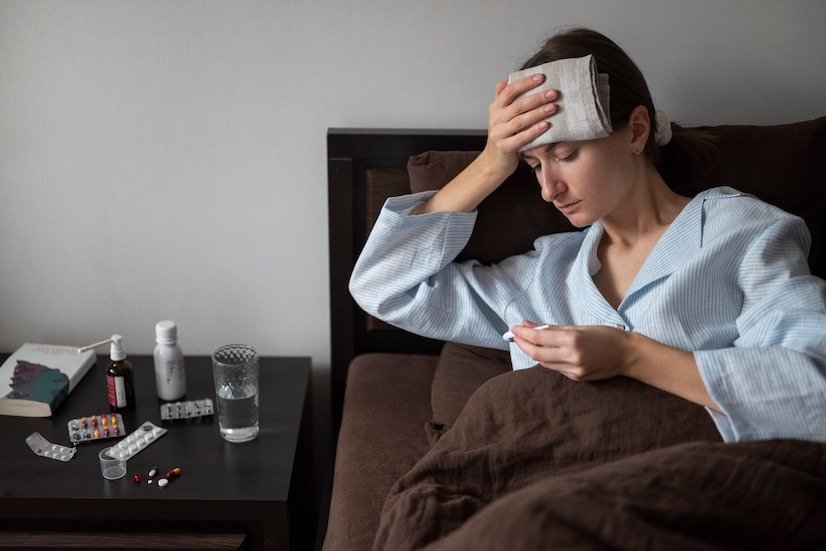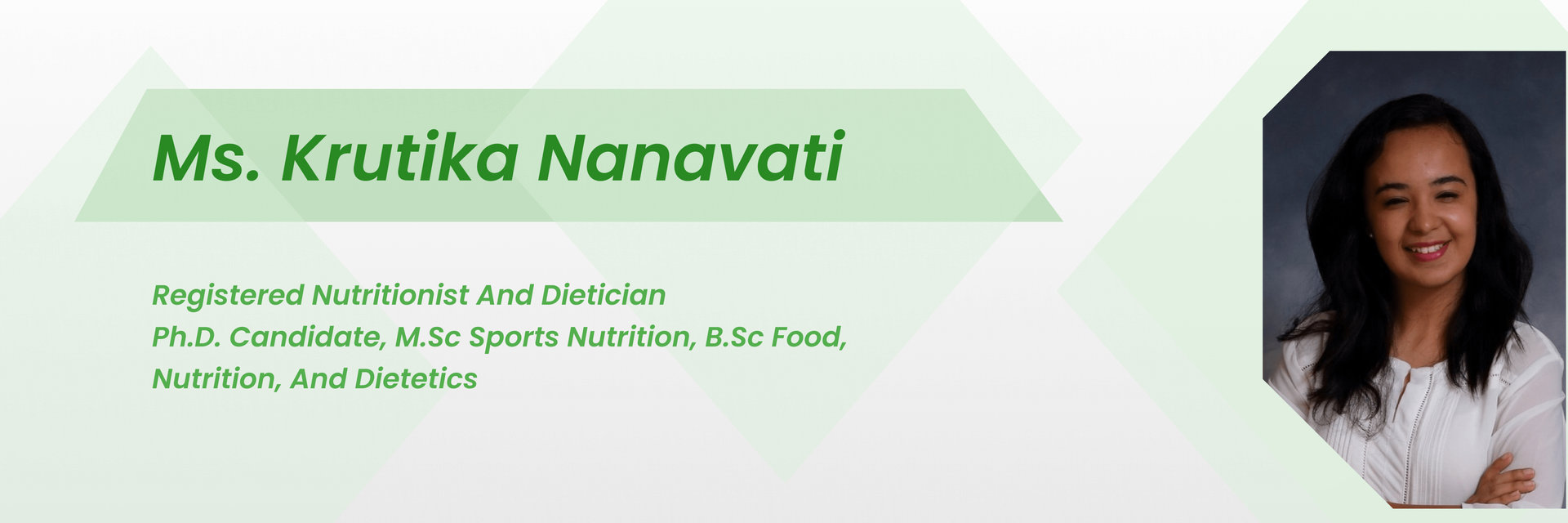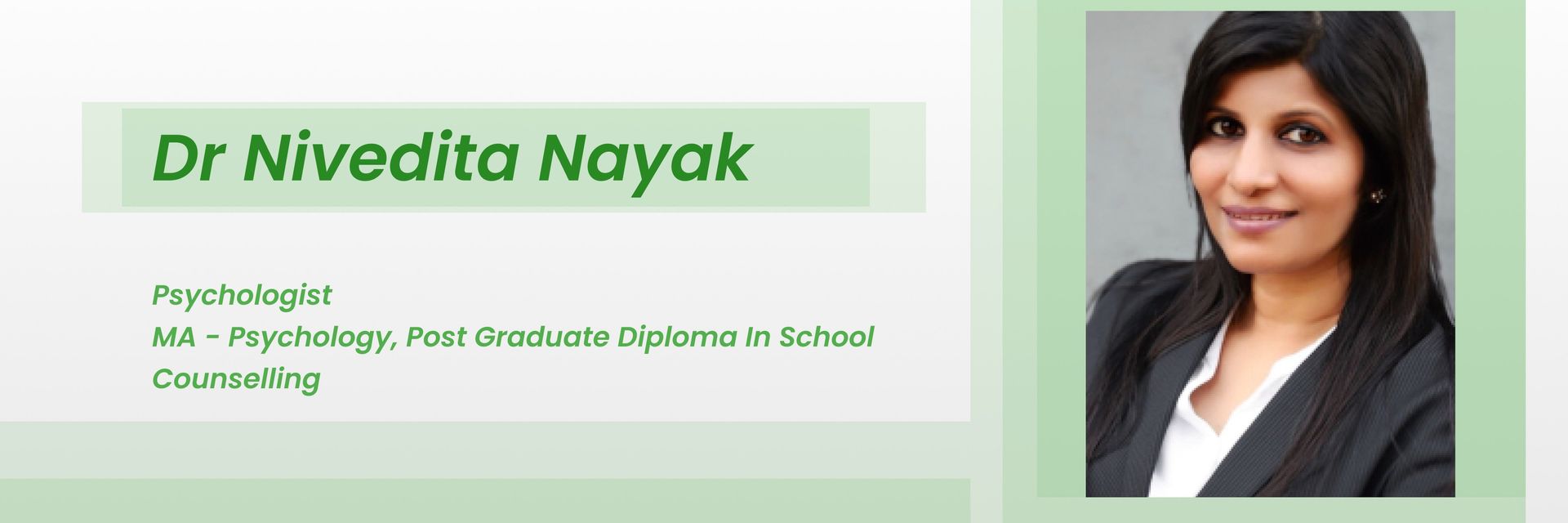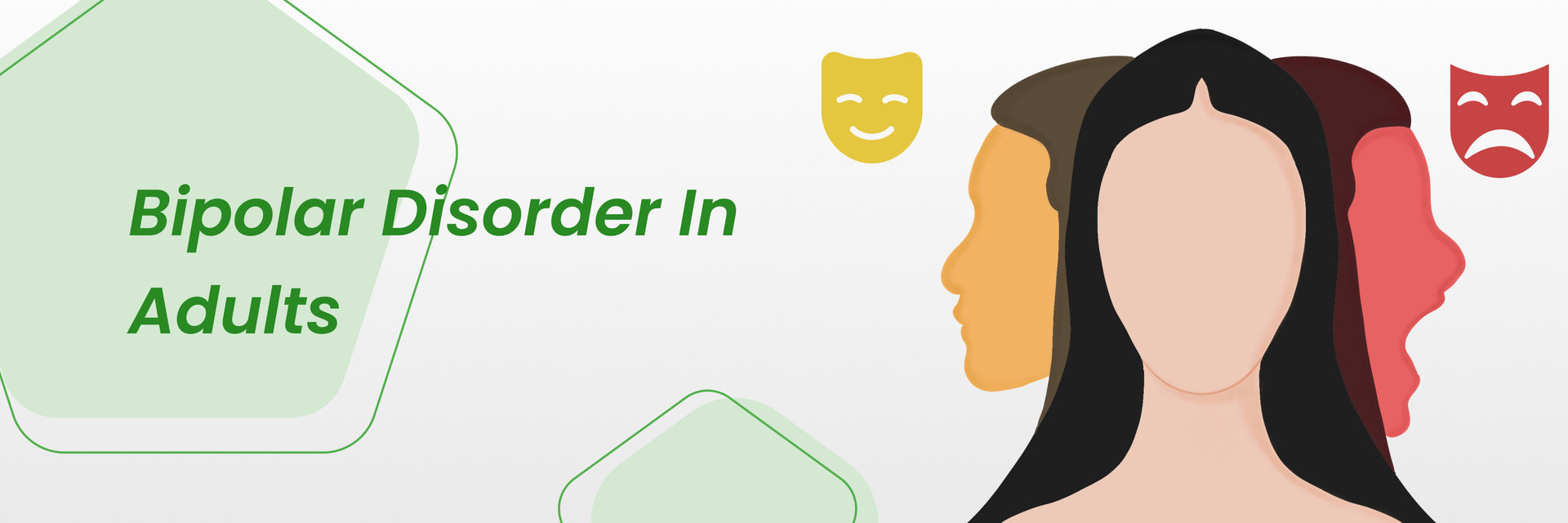Anxiety is an overwhelming experience that can interfere with everyday life. Whether you're managing a clinical diagnosis or just feel the occasional rush of stress, establishing a self-care routine can be a powerful tool for reducing anxiety. A well-balanced self-care routine tailored to your needs helps to calm your mind, restore balance, and support your emotional health. In this article, we will explore how to create a relaxing self-care routine specifically aimed at anxiety relief.
Self-care is more than just taking a bubble bath or having a glass of wine after a long day. It’s about prioritizing your mental, emotional, and physical well-being in a way that reduces stress and promotes a sense of peace. When dealing with anxiety, self-care becomes essential. It helps you recharge, clear your mind, and create a buffer against the daily stressors that can trigger anxious feelings.
Identify Your Triggers
The first step in creating a personalized self-care routine is understanding what triggers your anxiety. For some, it may be specific situations, such as work pressure or social interactions. For others, it could be physiological, like poor sleep or lack of exercise. Identifying these triggers can help you design a routine that actively combats your anxiety.
Take a moment to reflect on when and why you feel most anxious. Keeping a journal can be a useful practice to pinpoint patterns and recognize the underlying causes of your anxiety. Once you know what contributes to your stress, you can plan your self-care activities to address those factors.
Build a Relaxing Morning Routine
Your morning sets the tone for the rest of the day, and starting off with a calming ritual can significantly impact your anxiety levels. Aim for a morning routine that grounds you and helps you feel centered. Try adding these calming practices to your morning routine:
Incorporate Physical Activity
Physical activity is a highly effective way to combat anxiety. It boosts the production of endorphins; the body's natural mood enhancers that help reduce stress. You don’t have to engage in intense workouts to experience the benefits; gentle movement is enough to help ease anxiety.
- Walking: A daily walk outside in nature can be incredibly soothing. Walking not only helps to release built-up stress, but the fresh air and natural surroundings can also contribute to mental clarity.
- Yoga: Incorporating yoga into your self-care routine can provide both physical and emotional benefits. Focus on breathing techniques and poses that promote relaxation. Restorative yoga, in particular, is excellent for calming the nervous system.
- Tai Chi: This gentle martial art combines movement, meditation, and breathing techniques. It’s especially helpful for anxiety sufferers because it helps you remain present and focused.
Create a Calming Evening Routine
An evening routine designed to help you unwind can make a world of difference in managing anxiety. Anxiety often worsens at night due to accumulated stress throughout the day. Establishing a calming nighttime routine helps signal to your body that it’s time to relax and wind down.
- Turn Off Electronics: Limit screen time in the hour before bed. The blue light emitted by phones, laptops, and televisions can interfere with your sleep patterns and make it harder for your mind to relax.
- Take a Warm Bath or Shower: Soaking in warm water is an easy and effective way to ease muscle tension and prepare your body for rest. You can enhance this experience by adding soothing essential oils like lavender, known for its calming properties.
- Read or Journal: Engage in quiet activities that promote relaxation. Reading a book or writing in a journal can help divert your mind from anxious thoughts and create a peaceful mental state.
Practice Deep Breathing and Relaxation Techniques
Deep breathing exercises and progressive muscle relaxation (PMR) are two of the most effective techniques for reducing anxiety in the moment. These practices activate your body’s relaxation response, slowing down your heart rate and promoting calm.
- Deep Breathing: Try the 4-7-8 technique, where you inhale for 4 seconds, hold the breath for 7 seconds, and exhale slowly for 8 seconds. This deep breathing pattern helps lower stress hormones in the body.
- Progressive Muscle Relaxation: In this exercise, you tense and release each muscle group in your body, starting from your toes and working upwards. This practice helps release physical tension and signals to your brain that it’s time to relax.
- Mindful Breathing: Simply paying attention to your breath, inhaling deeply and slowly, can reduce feelings of anxiety. It’s a grounding technique that anchors you to the present moment, preventing the mind from spiraling.
Nourish Your Body
Your diet has a direct impact on your mental well-being. A poor diet can contribute to heightened anxiety, while certain foods can have a calming effect. Incorporate nutrient-dense meals that support emotional well-being into your self-care routine.
- Omega-3 Fatty Acids: Found in fatty fish like salmon, omega-3s have been shown to help reduce symptoms of anxiety and depression.
- Magnesium: Magnesium-rich foods, such as spinach, almonds, and avocados, have a calming effect on the nervous system. Magnesium supplements can also help, but it’s always best to consult with a healthcare professional first.
- Herbal Teas: Drinking calming herbal teas like chamomile or peppermint can be an excellent way to unwind in the evening. These teas are known for their relaxing properties, which can help soothe both the body and mind.
Avoid Reliance on Medication
While medications like Xanax can provide temporary relief for acute anxiety, they should not be a long-term solution. Over-reliance on pharmaceutical interventions can lead to dependency and may not address the underlying causes of anxiety. Instead, focus on holistic practices like mindfulness, exercise, and a well-rounded self-care routine to manage anxiety in a sustainable way.
If you find yourself in need of additional support, seeking guidance from a mental health professional is always a wise choice. They can provide valuable insights and suggest therapeutic approaches, such as Cognitive Behavioral Therapy (CBT), which can help you understand and manage your anxiety.
In some cases, people may look for alternatives like pain-relief medications, and while some may buy Tramadol online for relief from chronic pain, it’s essential to focus on the mind-body connection to manage anxiety holistically.
Practice Gratitude
Ending your day with gratitude is a powerful self-care practice that shifts your focus away from what’s causing stress toward what’s going well in your life. Practicing gratitude helps to break the cycle of anxious thoughts and fosters a positive mindset.
You can start a gratitude journal where you write down three things you’re grateful for each day. It’s a simple but effective way to end your day with a sense of peace and contentment.
Conclusion
Creating a relaxing self-care routine for anxiety relief involves a combination of physical, mental, and emotional practices that help you maintain balance in your life. By starting your day with calming rituals, incorporating mindful exercises, and nourishing your body, you can reduce the impact of anxiety and foster a sense of tranquility. Remember, self-care is an ongoing process—be patient with yourself as you develop habits that promote long-term well-being.






